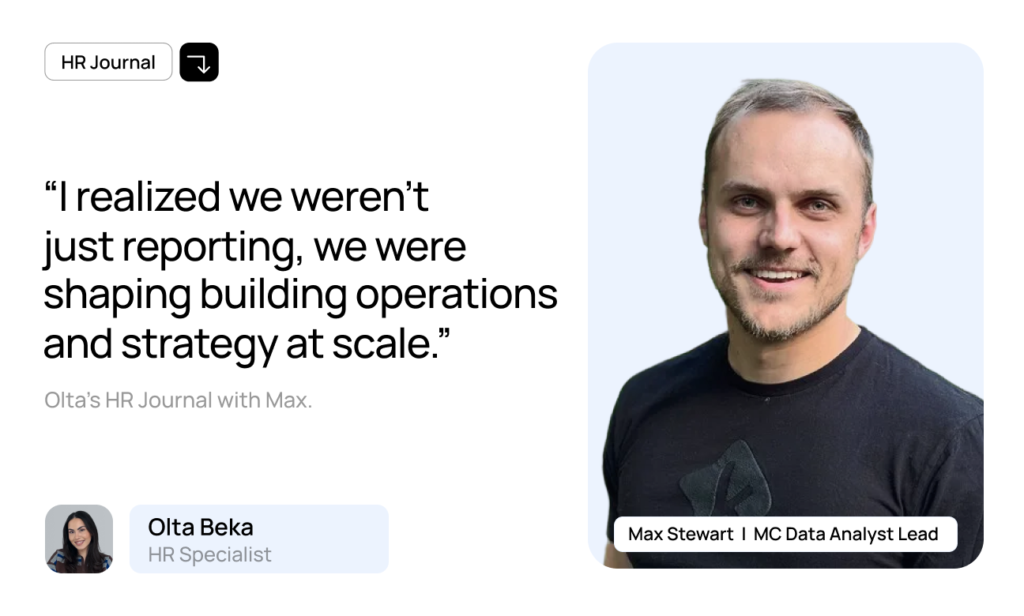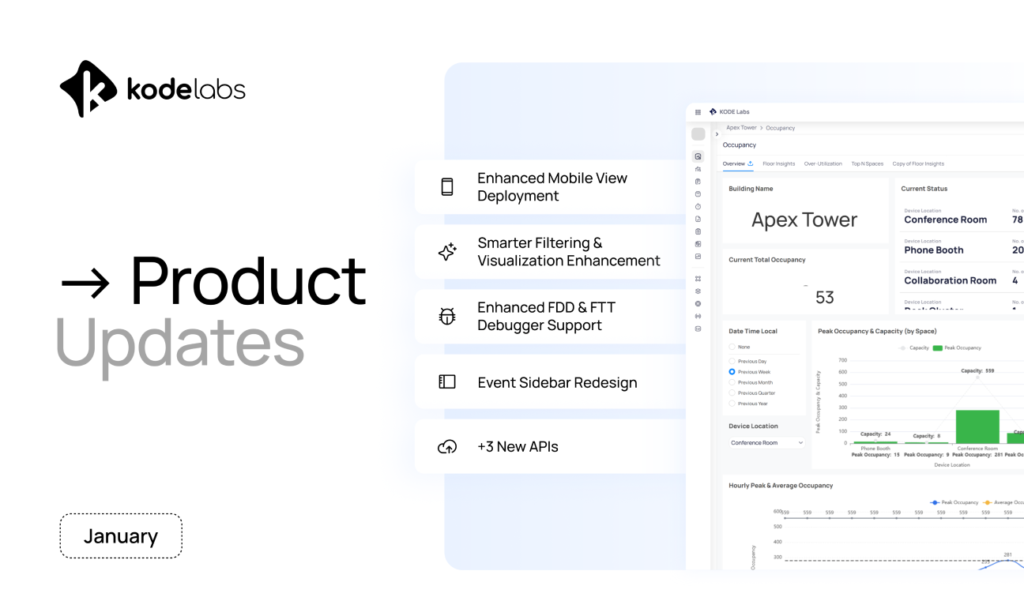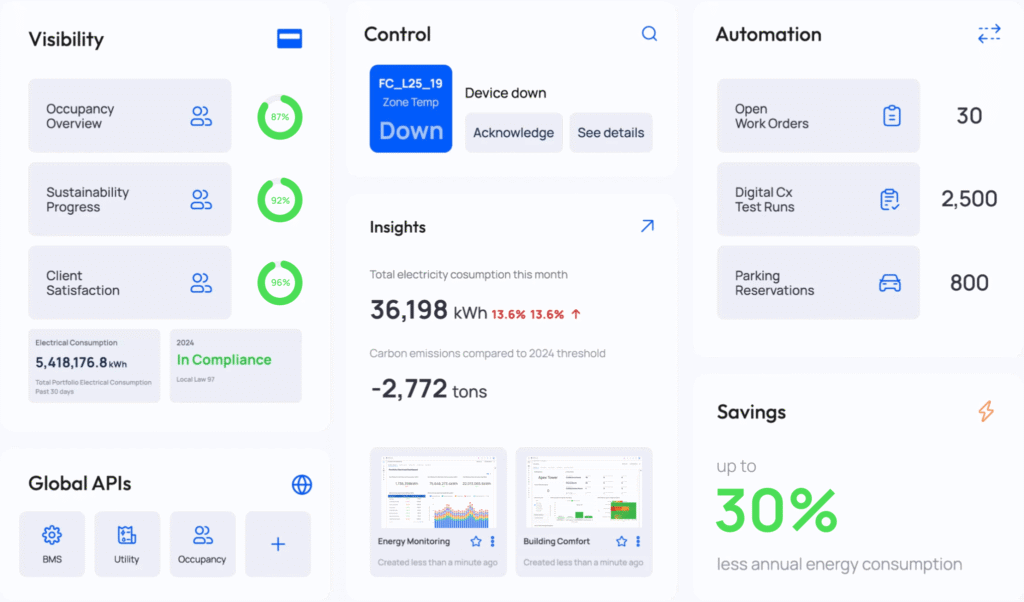By KODE Team
On this page
Sign up to our newsletter
Subscribe to receive the latest blog posts to your inbox every week.
By subscribing you agree to with our Privacy Policy.
Mission: Shift from crisis-mode maintenance to proactive performance monitoring
In retail operations, seasonal transitions are a known challenge — but what often goes unnoticed is the invisible equipment failure before the season even begins.
When summer hits and store cooling systems are expected to kick in, it’s often the first time in months they’ve had to perform. And when they don’t? Service teams are flooded with reactive calls. Equipment is down. Comfort plummets. And costs soar.
The problem? Retailers only find out there’s an issue when it’s already impacting the store.
The Hidden Cost of Waiting for Failure
Most large retail organizations are managing thousands of systems across the globe. During colder months, those systems may lie dormant; but just because a rooftop unit isn’t running doesn’t mean it’s working.
This lack of proactive testing means that when a season changes, retailers are often blindsided by a surge in:
- Emergency service calls
- Equipment replacements
- Lost revenue from uncomfortable stores
- Strained operations teams scrambling to respond
The result? Avoidable breakdowns become expensive crises.
Mission Accomplished: Proactive Equipment Testing with KODE OS
KODE OS solves this problem at the root. With its Functional Testing Tool (FTT), retail teams can proactively test equipment across their entire portfolio — before seasonal demand hits.
Here’s how it works:
1. Create Custom Equipment Tests

The FTT module uses a logic engine that allows teams to design and automate functional tests. These scripts write specific commands to equipment (e.g., “turn on cooling”) and validate performance through live sensor readings.
2. Simulate Real Conditions
Want to know if a rooftop unit is ready for summer? FTT can simulate heat by adjusting the setpoints — prompting the system to enter cooling mode. Then, it automatically checks whether the cooling stages activate and if the discharge air temperature drops to expected levels.
3. Schedule Testing Across All Stores
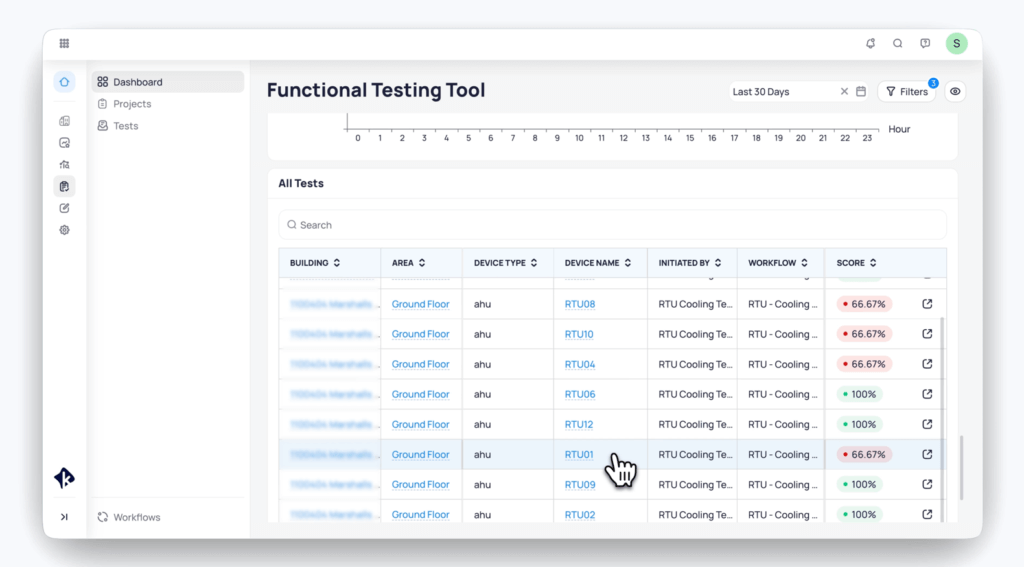
Tests can be applied to a single store or across an entire national portfolio. They can be scheduled seasonally (e.g., every March before summer), monthly, or run on demand after maintenance or commissioning.
4. Detect Failures Before They Matter

Failed tests are flagged with diagnostic detail. For example:
- A rooftop unit receives a command to cool.
- Both cooling stages turn on — but the discharge air temperature doesn’t drop.
- The system is marked as failed, even though it may appear functional from the outside.
This allows service teams to prioritize which assets need attention before customer complaints or peak temperatures arrive.
5. Change Seasonal Temperatures Without the Headache
Update temperature setpoints across every store — all at once. For example:
- Winter’s coming. You lower the heating setpoint across all locations by 2°F.
- With Global Setpoint Control, every thermostat is updated automatically.
- No manual overrides. No guesswork. Just consistent comfort and energy savings at scale.
This allows teams to make proactive seasonal changes before energy waste spikes or comfort complaints roll in.
6. Schedule Smarter Across the Portfolio
Regional open and close times? Different holiday hours? No problem. With Global Mass Scheduling, you can:
- Apply default schedules across hundreds of stores.
- Group by region, timezone, or brand.
- Make seasonal shifts in minutes, not weeks.
This prevents unnecessary heating and cooling, cutting energy costs across the portfolio, all in just a few clicks.
What This Looks Like in Practice
Let’s say a large, global retailer is preparing for summer. With KODE OS:
- The operations team schedules a portfolio-wide cooling test in March.
- One store flags a failure: A rooftop unit accepts the cooling command, stages activate, but the discharge air remains above 60°F — a sign that cooling isn’t functioning properly.
- The test took just 9 minutes to run and surfaced a hidden failure that could have gone unnoticed for months.
- A technician is dispatched to repair it before temperatures rise — avoiding a service ticket during the peak season rush.
Before KODE OS, a Fortune 100 retailer had no way of catching issues in advance. They were overwhelmed with store complaints at the start of each summer, where their centralized administrative team needed to evaluate the severity of each service call. Equipment failures flooded the ticketing system and every response was reactive.
Now, thanks to proactive functional testing, they operate ahead of the season, not behind it.
How KODE OS Transforms Reactive Maintenance into Proactive Maintenance
Here’s what seasonal readiness typically looks like and what it looks like with KODE OS.
KODE OS shifts retail operations from reacting to failures as they happen to proactively preventing them before they start. The difference is clear:
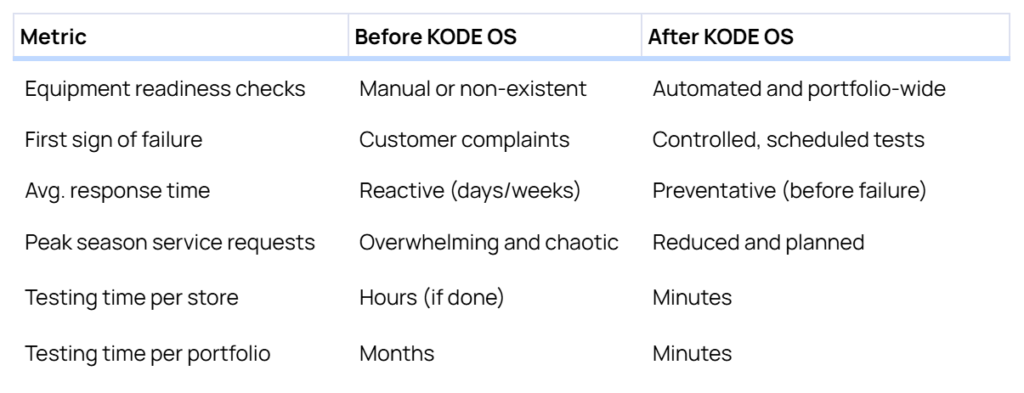
Turning Insight Into Impact
Even in organizations with energy and maintenance data, many teams remain stuck in reactive mode. They don’t know there’s a problem until a store calls it in.
That’s where KODE OS changes the game by turning operations from guesswork to foresight.
When testing and diagnostics are automated:
- Service teams can prioritize what needs fixing before it becomes critical.
- Budgets stretch further by preventing emergency replacements.
- Store managers spend less time submitting tickets and more time serving customers.
- Seasonal transitions no longer create chaos… they become predictable.
Your Mission
If the start of every season brings a flood of emergency service calls, it’s time to flip the script.
KODE OS gives retail teams the tools to test equipment performance before it fails, take action faster, and eliminate surprises. The result: less downtime, more control, and smoother seasons.
Your mission, should you choose to accept it: Stop letting unexpected failures catch your operations off guard. Explore KODE OS →
Want to avoid the seasonal scramble? Book a demo with our team and get a firsthand look at how the Functional Testing Tool can give your team control, clarity, and peace of mind before every season.

